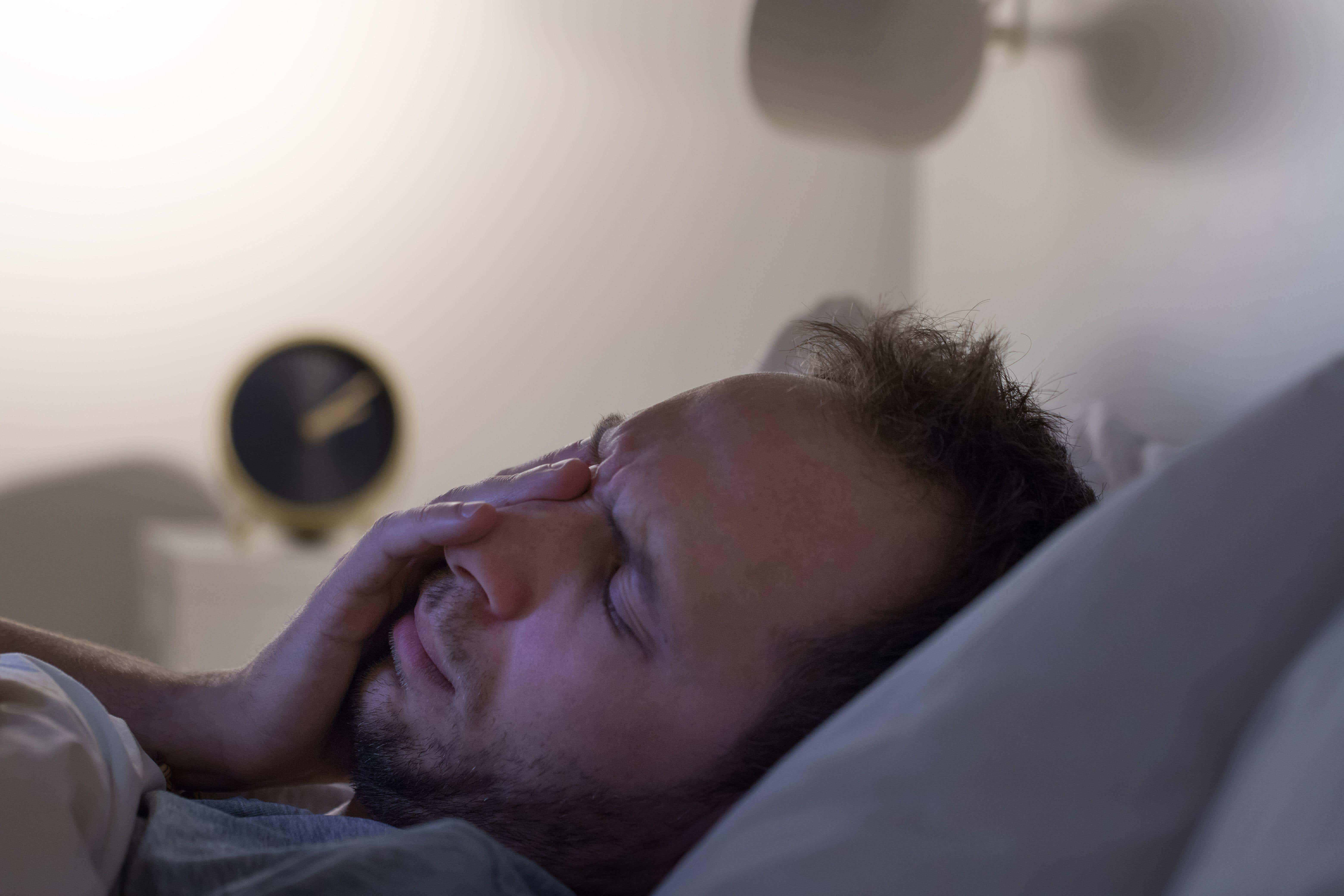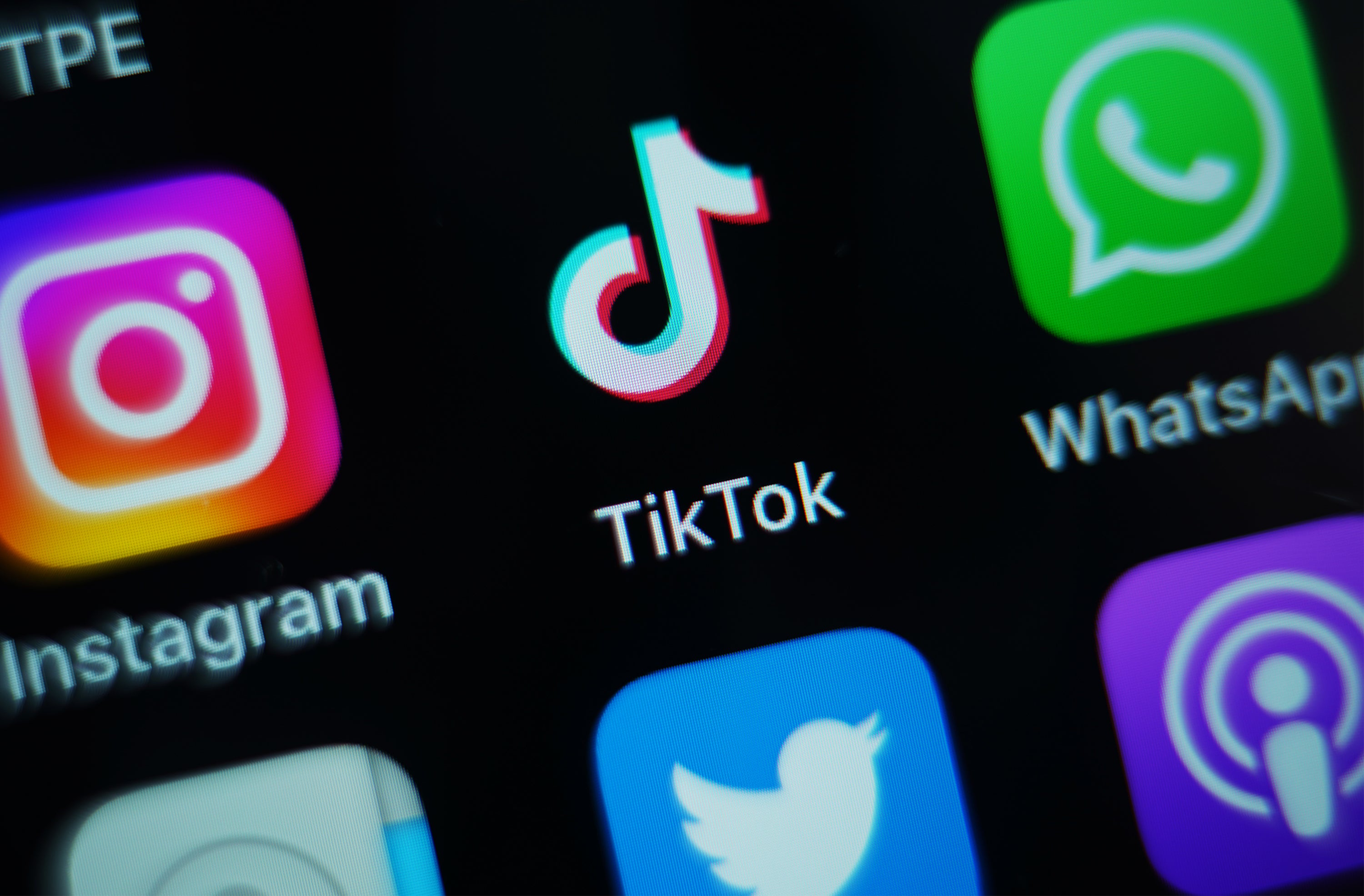ARTICLE AD BOX
You might have heard of people using tape to literally keep their mouths shut while they sleep. Mouth taping has become a popular trend on social media, with many fans claiming it helps improve sleep and overall health.
The purported benefits of mouth taping during sleep are largely anecdotal and include claims of better airflow, less snoring, improved asthma symptoms, less of a dry mouth, being less likely to have bad breath, and better sleep quality.
As the trend has gained momentum in recent years, the claims have also come to include improved skin, mood and digestion – and even a sharper jawline.
The rationale for mouth taping during sleep is to encourage breathing through the nose rather than through the mouth. When a person’s nasal passages are blocked, breathing switches from the nose to the mouth. Mouth breathing has been linked to conditions such as obstructive sleep apnoea.
But is mouth taping an effective way to address these issues, and is it safe?
A new review suggests taping your mouth shut while you sleep offers limited benefits – and could pose risks.
What did the review find?
In a new paper, Canadian researchers reviewed the scientific literature on mouth taping, searching for studies that mentioned terms such as “mouth breathing”, “mouth taping” and “sleep”.
They searched specifically for studies looking at people with known mouth breathing and breathing-related sleeping problems such as obstructive sleep apnoea to understand the potential benefits and harms of mouth taping for this group.
Obstructive sleep apnoea is a condition where your airway is partly or completely blocked at times while you’re asleep. This can cause you to stop breathing for short periods, called “apnoeas”. Apnoeas can happen many times a night, resulting in lowered oxygen levels in the blood as well as sleep disruption.
The researchers found ten eligible studies published between 1999 and 2024, with a total of 213 participants. Eight studies looked at mouth taping, and two studies involved using a chin strap to keep the mouth shut.

Only two studies identified any benefits of mouth taping for mild obstructive sleep apnoea. The observed improvements – to measures such as oxygen levels in the blood and number of apnoeas per hour – were modest.
And although they were statistically significant, they were probably not clinically significant. This means these changes likely wouldn’t make much difference to symptoms or treatment decisions.
The remainder of studies found no evidence mouth taping helps to treat mouth breathing or related conditions.
What’s more, four studies warned about potential serious harms. In particular, covering the mouth could pose a risk of asphyxiation (lack of oxygen that can lead to unconsciousness or death) for people whose mouth breathing is caused by a significant blockage of the nasal airways. This kind of nasal obstruction could be a result of conditions such as hay fever, deviated septum, or enlarged tonsils.
In other words, mouth taping is definitely not a good idea if you have a blocked nose, as it’s unsafe to have both the nose and the mouth obstructed at the same time during sleep.
What’s the take-home message?
The authors concluded there are very few benefits and some potential serious risks associated with mouth taping in people who are mouth breathers or have obstructive sleep apnoea.
They did, however, note we need further high-quality evidence to better understand if mouth taping is safe and works.
This review didn’t focus on any research relating to mouth taping for proposed improvements to mood, skin, digestion, sharper jaw lines and other things, so the researchers could not draw conclusions about the efficacy and safety of mouth taping for those purposes.
Internationally, qualified sleep health professionals do not recommend mouth taping.

If you have concerns about your sleep, the best thing to do is to consult trusted scientific sources or a healthcare professional who will be able to guide you to address the underlying causes of your sleep challenges.
Trying social media trends such as mouth taping before you seek expert advice could lead to delays in diagnosing serious conditions for which there are evidence-based treatments available.
Mouth taping should definitely not be attempted in children.
It’s possible that in some healthy adults, without respiratory conditions, without significant sleep disorders, and who don’t have tape allergies, that mouth taping could pose little harm and produce some modest benefits. But we don’t have enough evidence yet to know one way or the other.
Moira Junge is an Adjunct Clinical Associate Professor (Psychologist) at Monash University.
This article is republished from The Conversation under a Creative Commons license. Read the original article.









 English (US) ·
English (US) ·